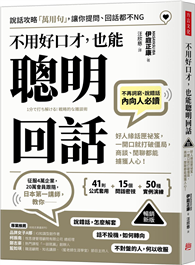Bioactive peptides have been receiving attention recently due to their applications as health-promoting agents. Derived from food proteins and other natural sources, they exhibit various beneficial effects such as preventing diseases or modulating physiological systems once absorbed. As the market for nutraceuticals and functional foods continues to expand, consumer interest has also grown and there are many common foods that have shown an abundance of bioactive peptides, including dairy products, cereal, legumes, meat, and numerous other sources.
In this newest addition to the series Nutraceuticals: Basic Research and Clinical Applications, Bioactive Peptides: Production, Bioavailability, Health Potential, and Regulatory Issues provides a comprehensive review of the current state of knowledge in the field of food protein hydrolysates and bioactive peptides, their food sources, bioavailability, production, applications, functionalities, health potentials, and regulatory issues governing their use.
Features
- Discusses different methodologies employed for scaling up bioactive peptides commercially
- Provides information on optimizing the production process
- Explains various bioactive properties exerted by different types of bioactive peptides
- Explores the application of metabolomics to the study of bioactive peptides
With over 20 chapters written by established subject matter experts in their field, this book provides timely information and discusses the latest developments of bioactive peptides. It will be useful for researchers, academics, and industry experts, and can serve as an excellent resource for anyone interested in enhancing their knowledge in the field of bioactive peptides.












